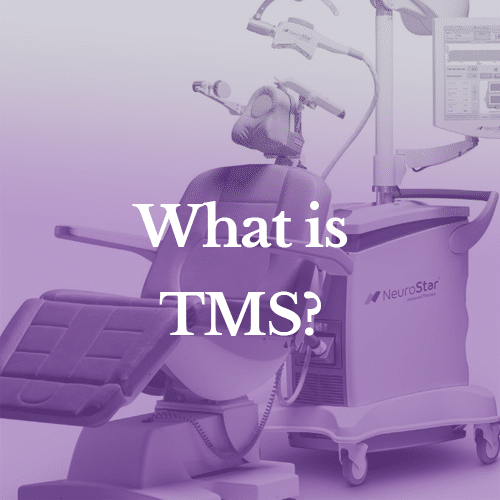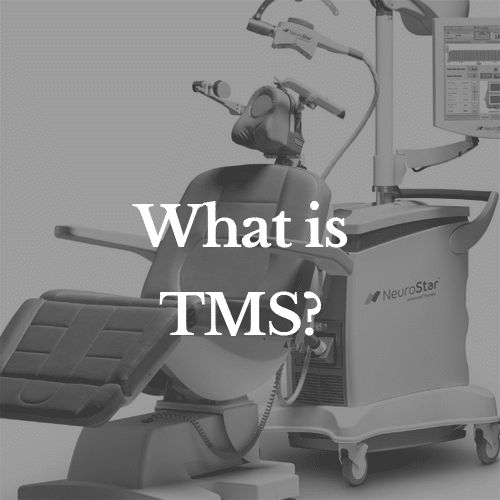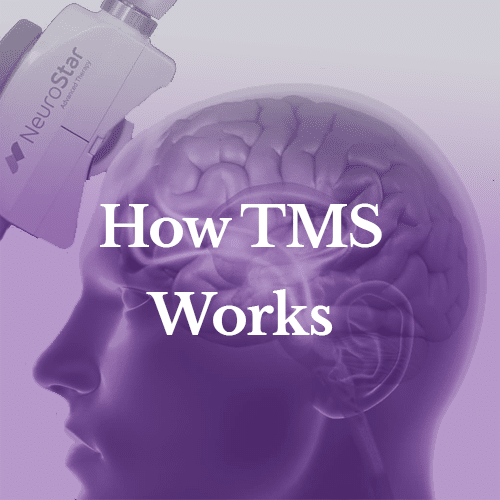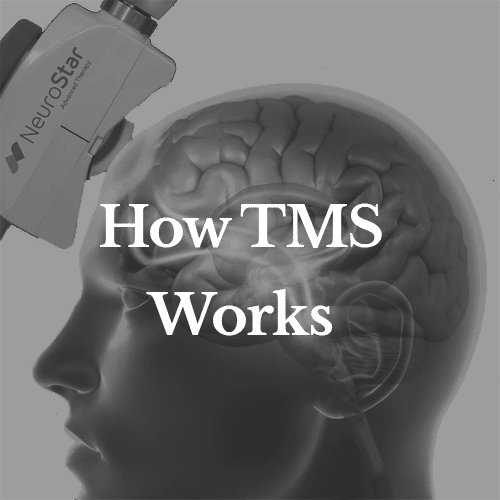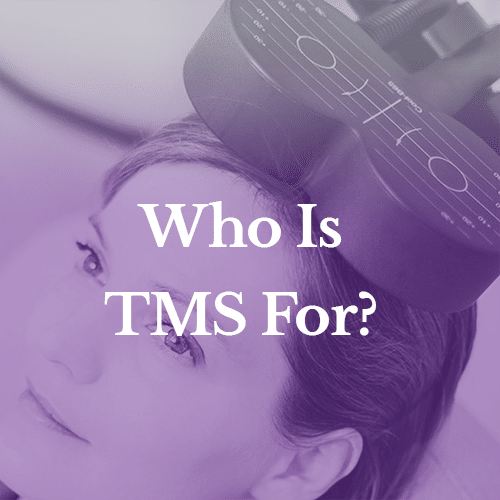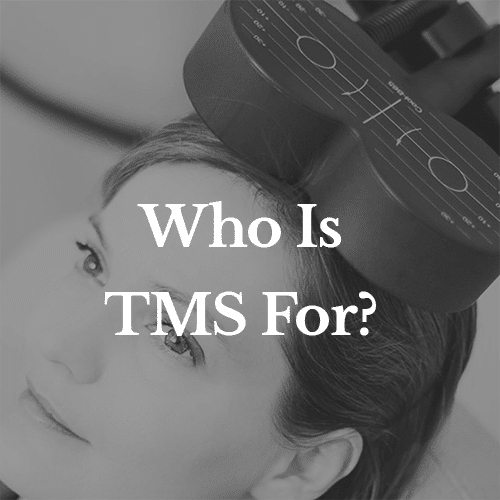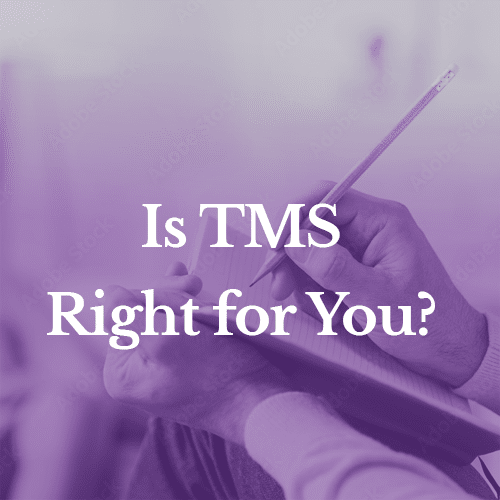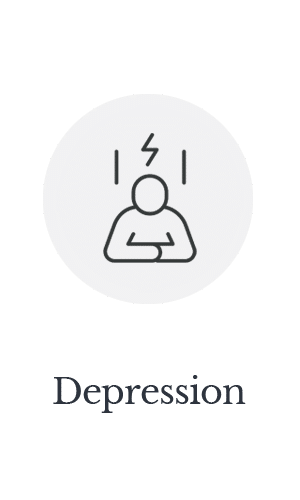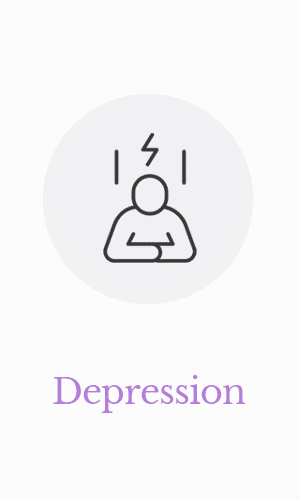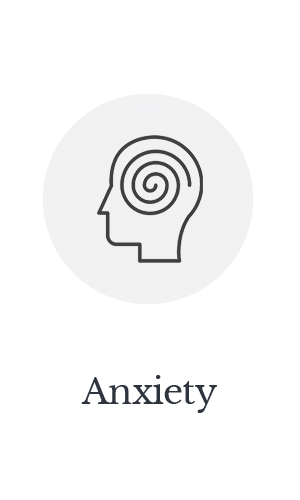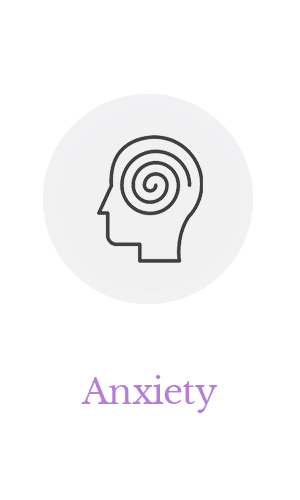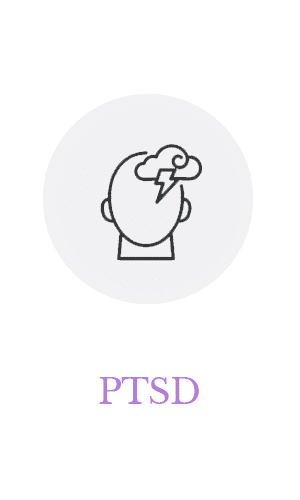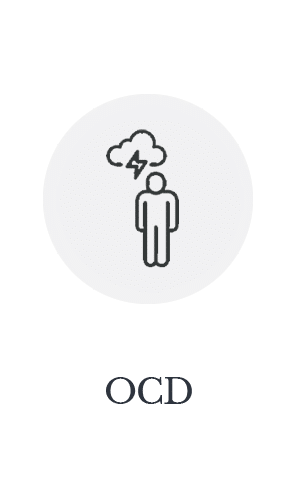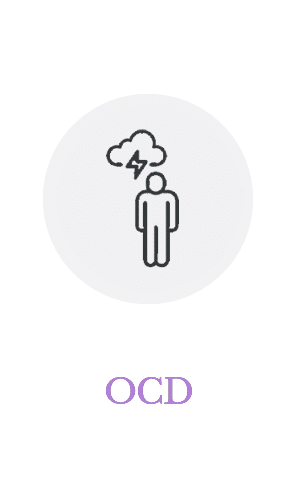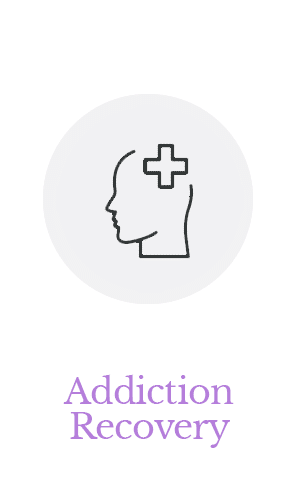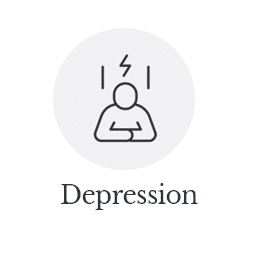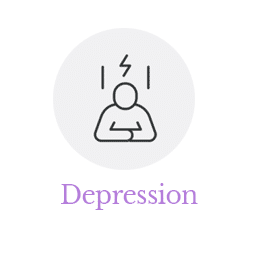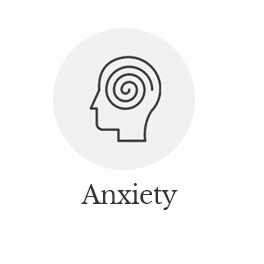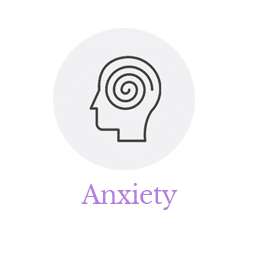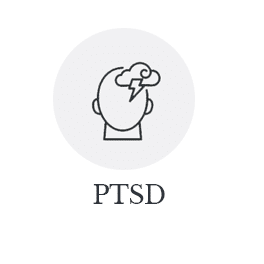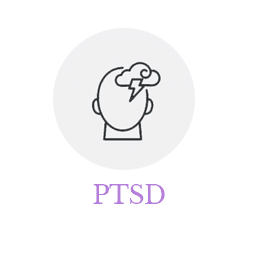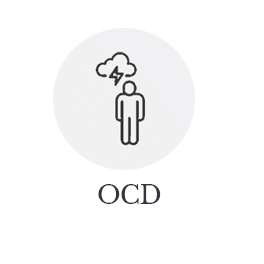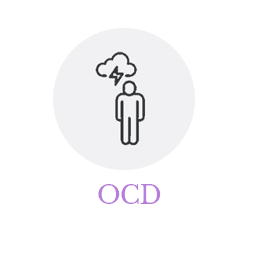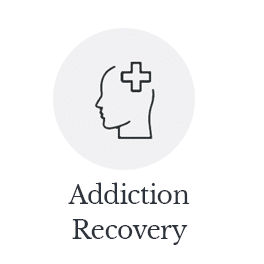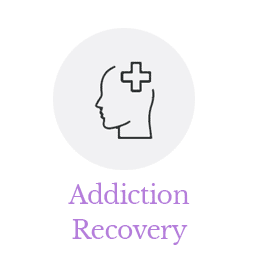Grace, a 35-year-old teacher, struggled with depression for over 10 years. During her long battle with depression Grace tried everything: antidepressants, weekly therapy, exercise routines, self-care, mindfulness apps—you name it.
And yet, her depression persisted. Nothing seemed to shake the dark cloud hanging overhead. Simple tasks like getting out of bed or making dinner felt like an impossible challenge. She found it harder and harder to keep up in her personal and professional life. Both her personal relationships and her career dwindled due to her depression.
Grace was at her wit’s end. Hadn’t she tried everything? Wasn’t she doing everything possible to treat her depression? Why wasn’t anything working?
Why Doesn’t Depression Respond to Treatment Sometimes?
Depression is a complex condition influenced by biological, psychological, and environmental factors. Each person is unique, and their depression characteristics are unique as well. So while many people find relief with psychotherapy or antidepressant medications, for others, these same treatments don’t work – or at least not enough to provide satisfactory relief.
Some reasons why common depression treatments don’t work include:
Biological Differences: Some individuals have unique brain chemistry or structural differences that make traditional treatments less effective. For example, low levels of certain neurotransmitters or irregular activity in brain regions like the prefrontal cortex can contribute to treatment resistance, making medication less effective than in other individuals.
Comorbid Conditions: Co-occurring mental health issues, such as anxiety, PTSD, or substance use disorders, can complicate the treatment of depression. More complexity makes it harder to accurately diagnose and treat mental illness.
Medication Mismatch: Sometimes, medications or therapies are stopped too soon, before they’ve had a chance to show full effectiveness. This can often happen when someone experiences severe negative side effects from medication. Other times, the dosage might not be right for an individual’s needs, thus failing to offer relief.
Lifestyle and Environmental Factors: Chronic stress, unresolved trauma, or social isolation can reinforce depressive patterns, making it harder for traditional treatments to work.
Medication Resistance: For reasons not fully understood, some people’s bodies metabolize medications differently, rendering them less effective.
If you or someone you care about has struggled with depression without relief, one or more of the listed reasons may be the cause, or it could be something different. But whatever the underlying cause, there are still treatment options available. Don’t give up!
Grace was nearly exhausted from trying to resolve her depression. She felt discouraged every time she tried a new treatment that ultimately failed to work. Fortunately, a friend told her about TMS therapy for depression and encouraged her to give it a try.
Why is TMS Different at Treating Depression?
Transcranial Magnetic Stimulation (TMS) is an FDA-approved depression treatment that uses magnetic pulses delivered through a special medical device to stimulate areas of the brain associated with mood regulation. For individuals like Grace, whose depression didn’t respond to traditional methods, TMS may be the best hope for treating persistent depression.
Here’s how it works:
TMS is a series of daily treatments, each about 20 minutes long. The treatments are performed right in our office in Murrieta (with a new office in Corona coming early 2025). The patient sits comfortably in a chair while a trained TMS technician delivers bursts of magnetic pulses using a TMS device. These pulses are calibrated individually for each patient for targeting and intensity. This ensures a safe, effective treatment.
TMS works by stimulating the brain through a stimulus/response mechanism. This prompts the brain to regenerate new, healthy neural pathways. This regenerative effect overcomes poorly functioning areas of the brain, particularly areas responsible for mood regulation.
Grace’s Transformation
After her initial skepticism, Grace decided to try TMS. By the end of her third week of treatment, she noticed subtle changes: a lightening of her mental fog, small bursts of energy, and moments of optimism. By the end of her TMS treatment, Grace described feeling like she had “come out of a long, dark tunnel.” The person in that tunnel, she said, was a different Grace, but now, she felt like herself again.
Grace’s story is just one story of many that illustrate the power of TMS. We have seen many, many lives change through TMS therapy.
TMS Depression Treatment in Murrieta and Temecula
If you have been diagnosed with treatment-resistant depression, or if you have tried multiple treatment options without success, TMS therapy at Inland Empire TMS in Murrieta may be the right treatment for you. Because it uses a completely different mechanism for treating depression, TMS produces results even when medication or therapy have not.
Why Choose Inland Empire TMS for Depression Treatment?
At Inland Empire TMS, we understand the challenges of persistent depression and are committed to helping you find relief. Dr. Cox and the staff in our clinic treat every patient with kindness, compassion, and empathy. We know how difficult the journey can be. That’s why we go overboard to make sure your time with us is pleasant, enjoyable, and effective. We want you to walk out of here every day with a smile on your face.
We are conveniently located in Murrieta, California with easy access from Temecula, Menifee, Corona and all of Riverside County. Our new clinic location in Corona will open in early 2025 for convenient access in north Riverside County.
If you or a loved one is struggling with depression that won’t go away, please contact us today. Like Grace, you can find a solution to your depression — and we’re here to guide you every step of the way.

